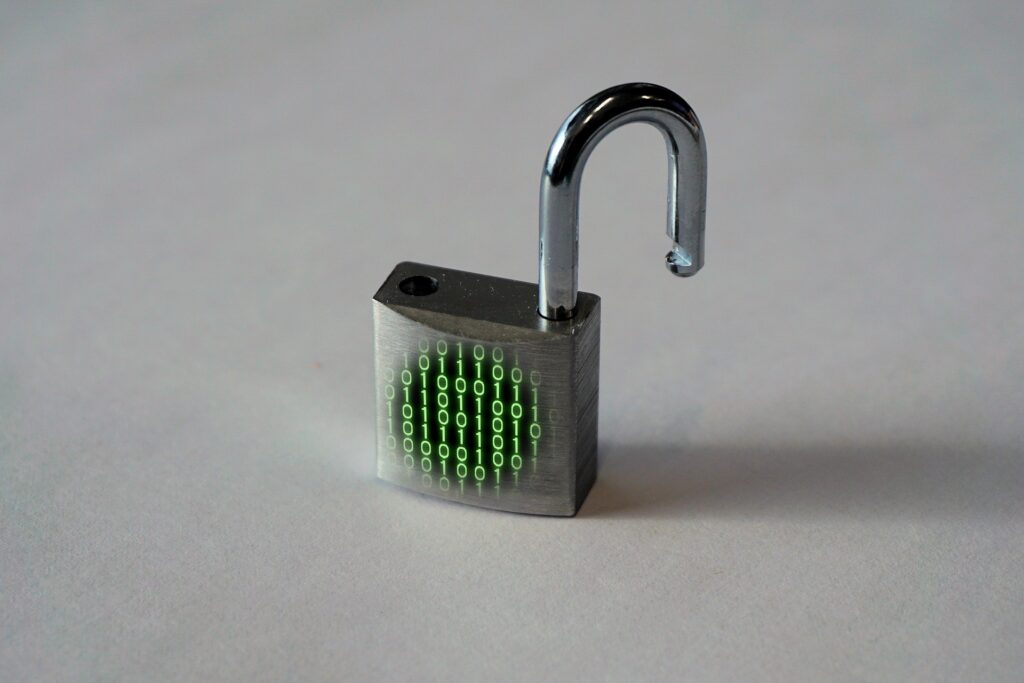Quantum computers have the potential to revolutionize the field of cryptography by solving problems that are currently infeasible for classical computers. One such problem is the factorization of large composite numbers, which is the basis for the security of RSA encryption.

RSA encryption is a widely used method for secure data transmission. It relies on the fact that it is computationally infeasible to factorize large composite numbers. A sender uses the recipient’s public key, which is a pair of large prime numbers, to encrypt a message. The recipient then uses their private key, which is the product of the two primes, to decrypt the message.
The security of RSA encryption is based on the assumption that it is computationally infeasible to factorize large composite numbers. However, a quantum computer with sufficient power could potentially use Shor’s algorithm to factorize large composite numbers in a relatively short amount of time. This would render RSA encryption insecure, as an attacker could use a quantum computer to factorize the public key and decrypt the encrypted message.
One of the biggest threat that quantum computers poses to RSA encryption is the ability to factorize large composite numbers exponentially faster than classical computers. While classical computers use trial division, the most basic method for factoring, and the general number field sieve (GNFS), the most efficient known classical algorithm for factoring composite integers, both methods have a running time that increases exponentially with the size of the number to be factored. On the other hand, Shor’s algorithm, a quantum algorithm for factoring integers, has a polynomial time complexity, which means that it can factorize large composite numbers much faster than classical algorithms.
However, it’s important to note that even though a quantum computer has the potential to break RSA encryption, it is not a foregone conclusion. The development of quantum computers is still in its early stages, and it is not yet clear when or if a quantum computer with sufficient power to break RSA encryption will be built. Additionally, other cryptographic methods such as post-quantum cryptography have been proposed as potential solutions to the problem of quantum computing breaking RSA encryption.
Post-quantum cryptography is an area of research that aims to develop cryptographic methods that are secure against both classical and quantum computers. One such method is lattice-based cryptography, which is based on the difficulty of solving certain mathematical problems related to lattices. Another is code-based cryptography, which is based on the difficulty of decoding certain error-correcting codes. These and other post-quantum cryptographic methods have not yet been widely adopted, but they are being researched as potential solutions to the problem of quantum computing breaking RSA encryption.
In summary, quantum computers have the potential to break RSA encryption by using Shor’s algorithm to factorize large composite numbers exponentially faster than classical computers. However, the development of quantum computers is still in its early stages, and it is not yet clear when or if a quantum computer with sufficient power to break RSA encryption will be built. Additionally, research is ongoing in the field of post-quantum cryptography, which aims to develop cryptographic methods that are secure against both classical and quantum computers.